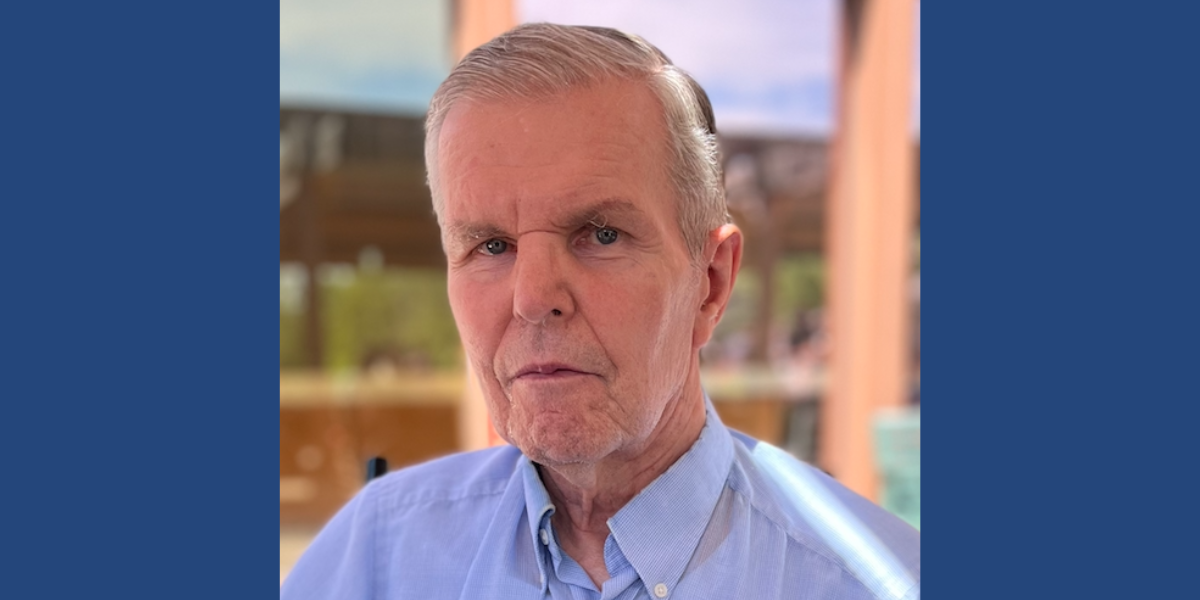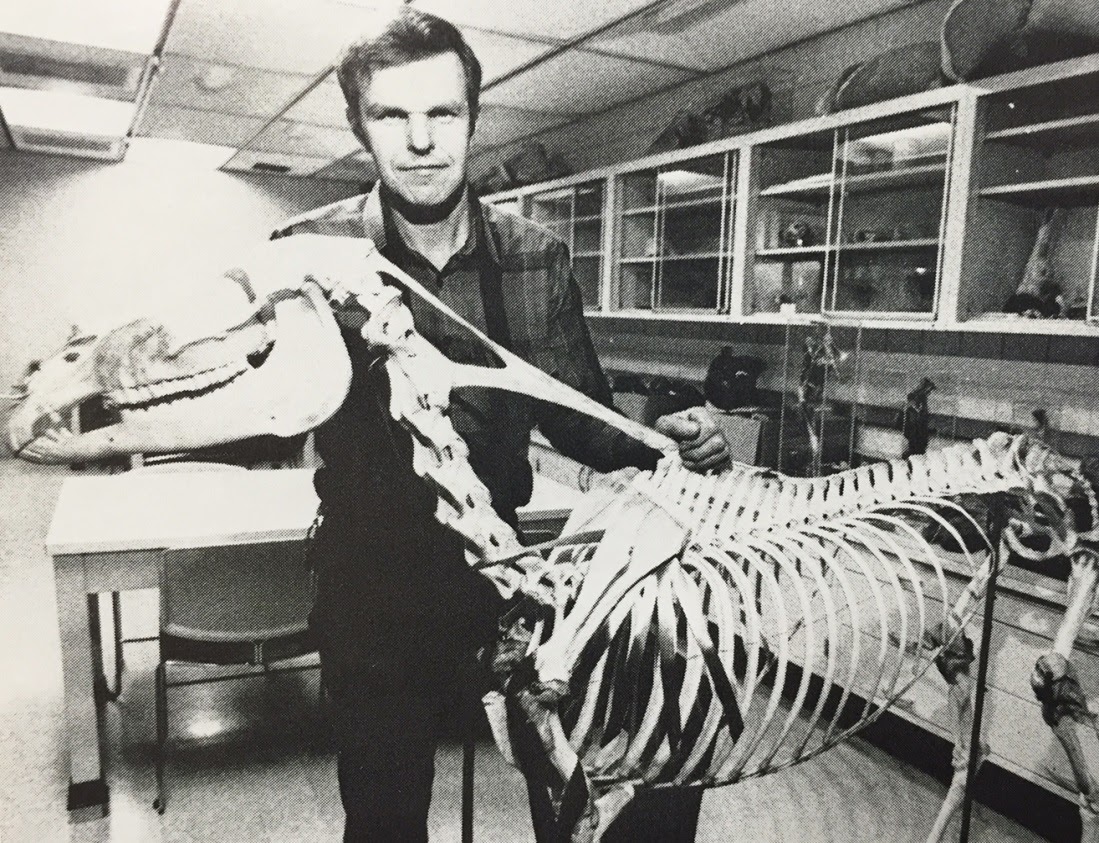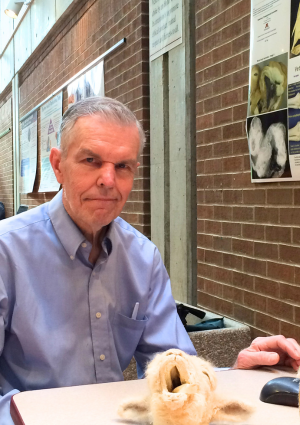A life of learning
Longtime CVM professor Dr. Vic Cox remembered as a dedicated instructor and researcher

Longtime CVM professor Dr. Vic Cox remembered as a dedicated instructor and researcher
When it came to life after graduating from veterinary school in 1965, Dr. Vic Cox initially set his sights on being a dairy veterinarian before opting for an academic career path.
It’s a choice that led him to teach for more than 40 years at the University of Minnesota College of Veterinary Medicine (CVM) where he influenced the lives of thousands of students who took his anatomy courses and contributed impressive research and innovation to the veterinary field.
On Oct. 9, 2023, Cox passed away at age 82 due to complications from long-term illnesses. He leaves behind a legacy as a dedicated teacher and passionate researcher. Former students remember him as someone who always had time to engage with them, taking time to explain complicated subjects and help students relate to the lesson at hand through a wealth of personal stories.
Cox earned his DVM from Cornell University in 1965. He taught anatomy for a short time at Oklahoma State University before finishing his PhD studies at the University of Missouri, receiving his doctorate in neuroscience in 1970. Five years later, he joined the faculty at CVM and became an integral part of the College’s community.

Throughout his career, Cox made an impact by connecting with students, developing new teaching tools, and advancing veterinary medicine through a variety of research projects.
"No one was more dedicated to veterinary anatomy than Dr. Vic Cox," says Dr. Thomas Fletcher, a retired CVM anatomy professor and longtime colleague of Cox. "The College and we, his anatomy colleagues and students, were fortunate to know him and have experienced his instruction and career accomplishments firsthand."
Cox was recognized for his commitment to education and engaging students, earning numerous teaching awards, including:
Another of Cox’s most notable contributions was pioneering techniques for increasing the learning value of anatomic specimens.

Because the “shelf life” of wet anatomic specimens is short, time invested in detailed dissection is lost when a wet specimen is discarded. Cox solved that problem by use of freeze-drying and plastination—a process in which the water in soft tissue is replaced by silicone plastic—to produce permanent, dry, nontoxic specimens that can be used and handled without gloves.
"Such dedication required long hours spent in boots and an apron surrounded by blood, guts, and feces with running water and chemical vats for ambiance," Fletcher says. "There in the middle of it all, you would find Vic. I have fond memories of tiptoeing in, asking 'What are you doing?' and then receiving my education firsthand. We also enjoyed sharing discoveries of anatomical oddities with one another whenever we encountered them."
In addition to preserving anatomy specimens, Cox’s clinical research focused on the area of bovine lameness where he found alternative causes for downer cow syndrome, the primary cause of which is hypocalcemia. This condition occurs when heavy milk production causes low blood calcium typically around the time of calving. Cox’s work on the topic took him across the world to present his findings to dairy veterinarians on three continents and left a lasting impact on bovine medicine.
Cox also is remembered as the driving force behind building the Veterinary Anatomy Museum housed in the Department of Veterinary and Biomedical Sciences. He served as the museum’s curator until his retirement in 2016, at which time he was honored as professor emeritus by the College.
Upon his retirement, Cox chose to keep supporting students, this time as a donor. His gift established the Dr. Vic Cox Bovine Medicine Scholarship. Anyone interested in honoring his legacy is invited to give to the scholarship fund.
"Vic enjoyed interacting with students, which I’m sure, contributed significantly to his career satisfaction and spurred his dedication to prepare anatomical specimens for their benefit," Fletcher says. "I can say that I was privileged to be Vic‘s faculty colleague and that our College and his students were fortunate to experience his unique attitude and personality."